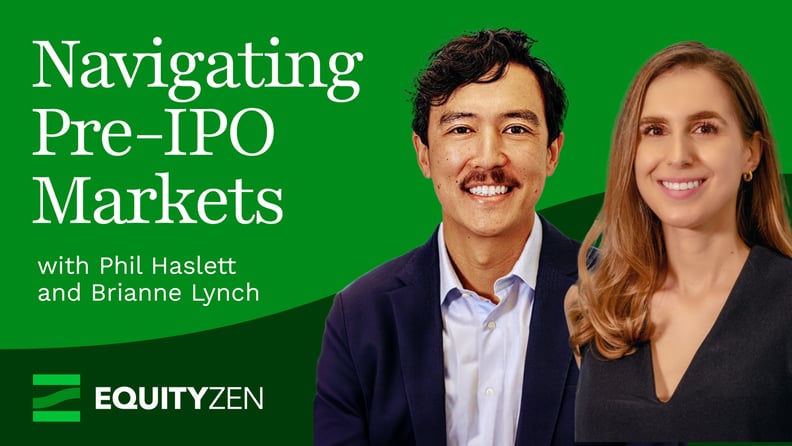After a record blazing 2021, fundraising by private market investment managers fell considerably in 2022 and is tracking even further behind for 2023. Yet, one strategy has bucked the trends seen in the broader private market, and that is private market secondaries. As Pitchbook’s Q1 2023 Global Private Market Fundraising report states, “Only a quarter into 2023, secondaries fundraising has already hit 66.5% of 2022’s $46.2 billion total, with $30.7 billion raised by 12 funds. This is the second-highest quarterly figure on record, following the $43.4 billion raised by 54 funds in Q4 2020”1. Why? The current market environment has driven the need for both secondary liquidity and investment access.
Private market secondaries are creating an active market for investors and shareholders in the absence of new primary funding rounds or exits. With IPO proceeds down 61%2 year-over-year and lingering macroeconomic uncertainties, many existing shareholders cannot wait for the IPO market to reopen to achieve liquidity and they are coming to the private secondary market for solutions. Some of the shareholders we work with at EquityZen are institutional investment managers who need to return capital to their limited partners. There are two reasons for this. First, they need to realize returns as they aim to raise capital for future funds from new investors. This is especially true for emerging managers. Secondly, their existing limited partners are reliant on returned capital to reinvest in new vintages where they have committed capital. The secondary market addresses both of these needs allowing these investment managers to lock in paper gains and return capital to limited partners.
For new investors, the thesis for secondary market investing is as strong as ever. Private companies are trading at sizable discounts to their latest primary funding rounds on the secondary market, creating a potentially attractive entry point for new investors. As Pitchbook reports, ”With traditional exit routes still slow to recover, LPs that need liquidity have been offloading fund stakes at considerable discounts. This has provided ample opportunity for secondary firms to acquire diversified, high-quality assets for attractive prices, enticing investors to commit to these funds.”1 Investors are looking to access these deals both directly and through investing in diversified funds led by experienced secondary investment managers.
When it comes to where investors are committing capital, secondary fund flows have gone predominately to seasoned and larger managers. In fact, funds that are raising their 9th or older fund have raised the majority of capital1. Furthermore, the majority of capital raised by secondary investors has gone to funds with $5B+ or greater in assets under management1. It makes sense that in an uncertain environment, investors are choosing to allocate capital to proven managers with a track record of successfully investing in the secondary market. In aggregate, secondary funds are sitting on $167.6 billion in dry powder, on pace to break the prior record of $183.1 billion set in 20201. With abundant capital chasing a finite opportunity set, it may make sense to invest with managers who have a proven approach to secondary investing. However, these funds tend to only be open to institutional investors (e.g. pension funds) and the very wealthy due to their high investment minimums – some north of $1M.
With EquityZen, this attractive market is no longer out of reach. With as little as $20K, accredited investors can now access private market secondaries through broadly diversified funds or more concentrated portfolios around a specific theme like AI or Fintech. For over eight years, EquityZen’s multi-company funds have provided exposure to the most promising late stage companies within the private markets through one investment. Like the investors described in Pitchbook’s report, the Investment Committees of our funds in their investment period are taking advantage of the significant discounts at which many private companies are trading on the secondary market to allocate capital. While private marketing investing involves significant risks (please see our risk factors for a more detailed explanation), we are optimistic about the investment opportunities currently available in the private secondary market. Curious to learn more about EquityZen’s multi-company funds? Check out our Multi-Company Funds Primer.
Sources:
- Pitchbook Data Inc., Q1 2023 Global Private Market Fundraising
- E&Y, Q1 2023 Global IPO Market Trends








